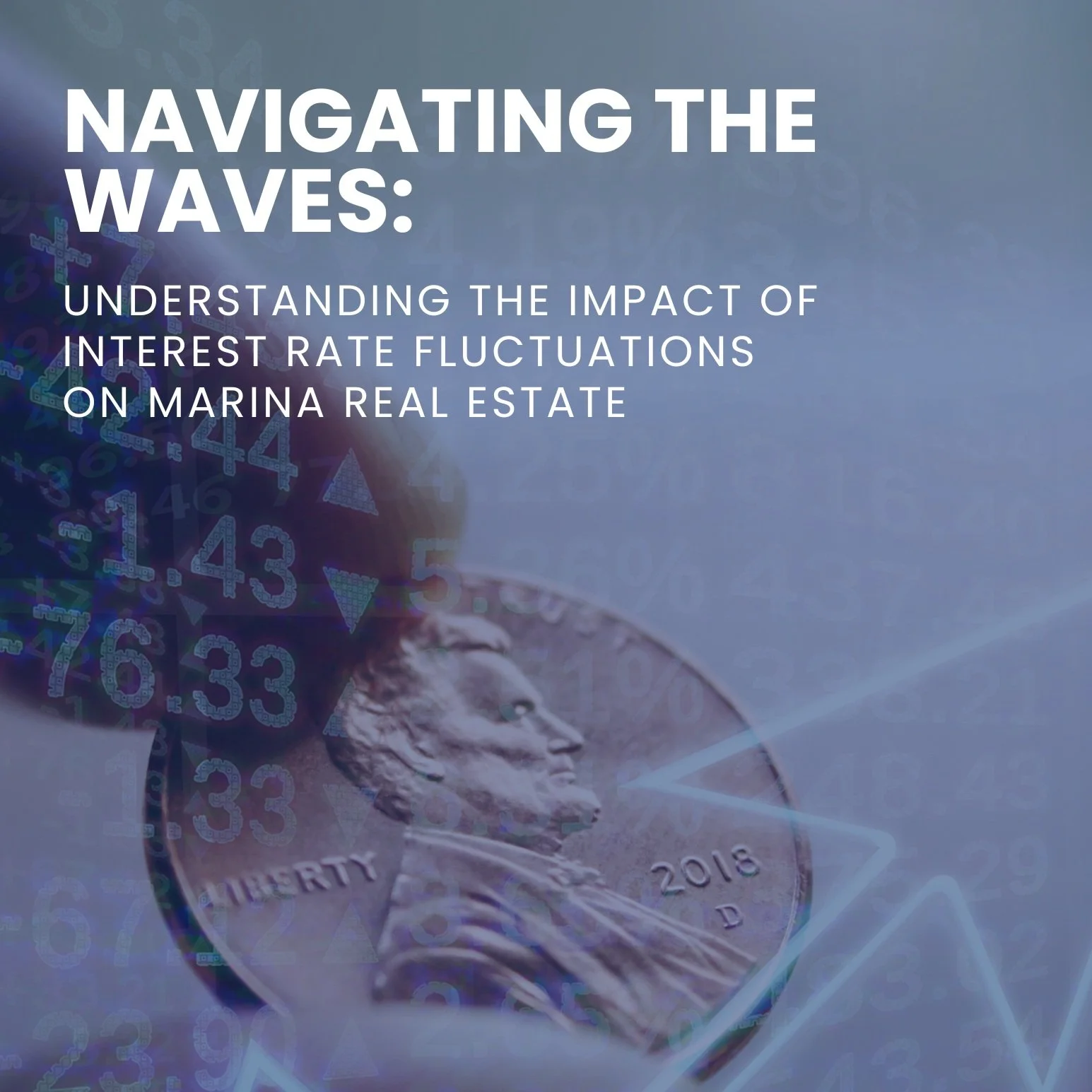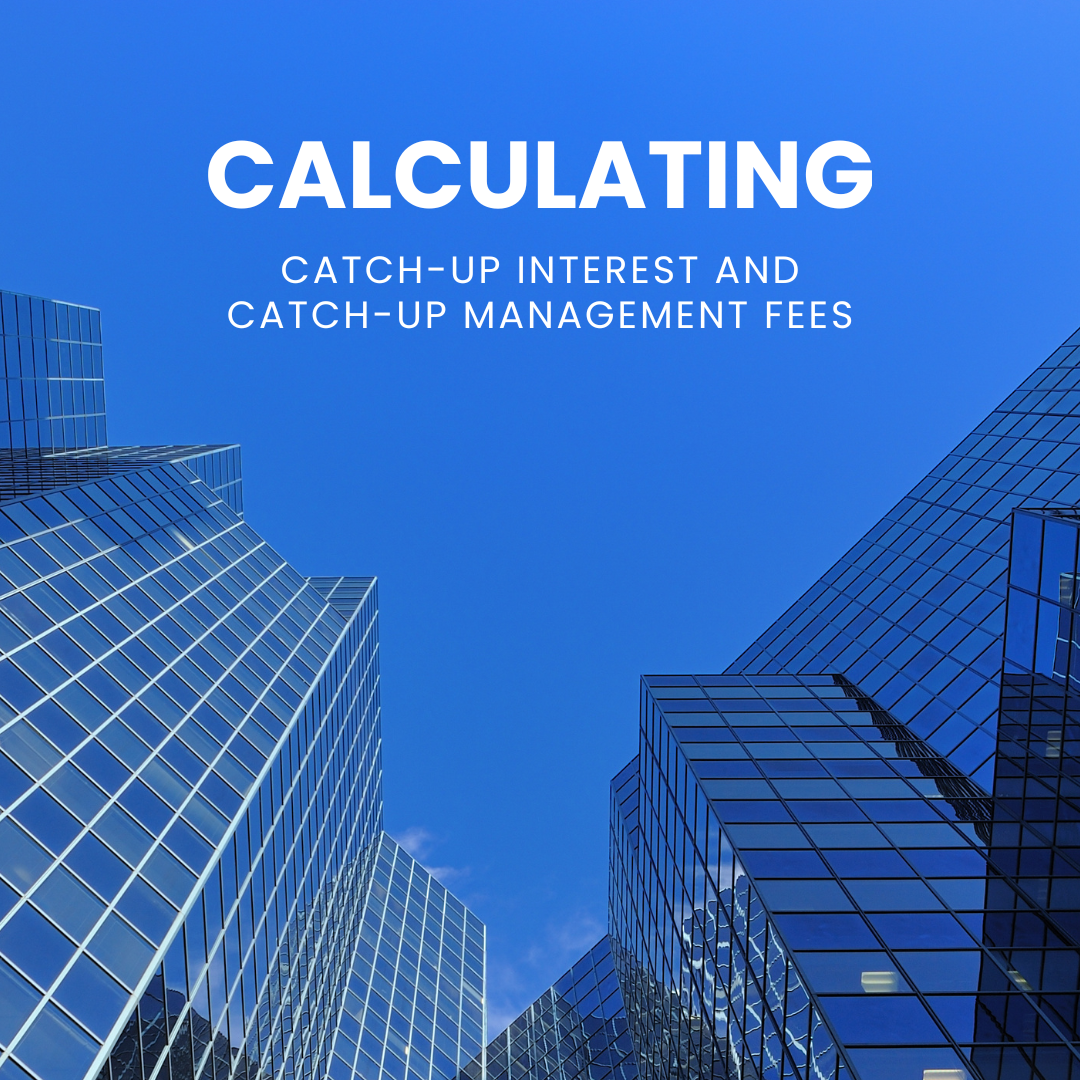Private equity (PE) fundraising, particularly in the realm of commercial real estate, is a complex and multifaceted process that demands rigorous financial modeling and meticulous reporting. In our experience of working with 40+ funds over the last 20 years, we have witnessed firsthand the critical role these elements play in successful fundraising efforts. This whitepaper will explore the significance of modeling and proper reporting in PE fundraising, emphasizing their impact on investor confidence, decision-making, risk management, and overall fund performance.
Read MoreAs the real estate market begins to rebound and investors rush back to start doing deals, the importance of meticulous financial modeling and accurate reporting cannot be overstated. Excel modeling and proper reporting have always been cornerstones of sound real estate investment practices, but in the current dynamic and competitive environment, their significance is amplified. Through our experience, our firm has witnessed numerous market cycles and can attest to the critical role these tools play in securing investor confidence, facilitating informed decision-making, and managing risks. This white paper will explore why Excel modeling and proper reporting are essential for standing out in the crowded market and achieving sustainable success.
Read MoreThe interplay between interest rate fluctuations and the real estate market is complex, with marina properties standing out due to their unique blend of recreational and commercial functionalities. This comprehensive analysis delves into the nuanced impacts of changing interest rates on the marina real estate sector, highlighting the challenges and strategies for investors, developers, and operators within this niche market.
Read MoreIn today’s fluctuating economic climate, the retail property sector faces a myriad of challenges, from evolving consumer behaviors to the digital transformation of retail. These obstacles require investors, landlords, and retailers to adapt strategies and rethink the traditional retail environment. This in-depth blog post explores the current landscape of retail property, the challenges faced, and strategies for navigating these turbulent times.
Read MoreThe post-pandemic landscape has undeniably transformed the way we perceive and utilize office spaces, marking a pivotal shift in both corporate culture and real estate investment strategies. As businesses globally have adapted to the challenges and revelations brought forth by the pandemic, the ripple effects on office space usage are profound and multifaceted. This comprehensive exploration delves into the post-pandemic shifts in office space usage and their consequential impact on investors, offering insights into emerging trends, investment implications, and strategic considerations for navigating this evolving market.
Read MoreIn 2024, the multifamily property market continues to evolve, influenced by economic factors, technological advancements, demographic shifts, and changing tenant preferences. For investors, understanding these trends is crucial to navigating opportunities and challenges in the sector. This comprehensive overview will explore key trends in the multifamily property market, offering insights into investment strategies, market dynamics, and future outlooks.
Read MoreEntering 2024, the commercial real estate (CRE) market is experiencing a transformative phase, marked by fluctuating economic conditions and evolving investment strategies. This paper aims to provide private equity firms and developers with a comprehensive analysis of the latest trends, challenges, and opportunities in the CRE landscape, incorporating insights from industry experts and recent reports.
Read MoreThe real estate private equity (REPE) sector is at a crossroads, navigating challenges and opportunities in a dynamic financial landscape. This comprehensive white paper explores the current hurdles faced by real estate private equity funds, sheds light on emerging fundraising trends, underscores the pivotal role of securing and managing debt, and examines why the present moment represents an opportune time to initiate funds, considering the historic values of real assets like real estate.
Read MoreLand development is a complex and multifaceted process that plays a pivotal role in shaping our urban and rural environments. This white paper provides an in-depth exploration of land development, delving into its various facets, challenges, economic implications, and sustainability considerations. Through case studies and statistical data, we uncover the significance of responsible land development practices in fostering vibrant communities, sustainable growth, and economic prosperity.
Read MoreIn the context of hospitality real estate, sustainability refers to the practice of developing, operating, and managing hospitality establishments in a way that minimizes negative environmental, social, and economic impacts while maximizing long-term positive outcomes. Sustainability involves a commitment to responsible and ethical practices that ensure the well-being of the planet, local communities, and future generations. It also aims to maintain profitability and provide guests with exceptional experiences. Some key aspects of sustainability in hospitality real estate include environmental, social, economic, and cultural sustainability, as well as maximizing guest experiences while remaining compliant with regulatory industry standards and certifications, all of which will be covered in this paper.
Read MoreMultifamily properties, such as apartment complexes and residential condominiums, have long been a staple of the real estate market. They offer a steady stream of rental income and can provide a stable return on investment when managed effectively. However, the multifamily property market is not without its challenges. Many property owners and managers often make common mistakes that can have significant financial, operational, and legal consequences.
Read MoreSustainable retail real estate has become more than just a buzzword in the real estate industry; it is a fundamental shift towards a greener future. With environmental concerns at the forefront, retailers and property developers are increasingly focusing on sustainability as a core aspect of their business models. This paper explores the concept of sustainable retail real estate, its key components, benefits, challenges, and future prospects. It explores green building practices, energy efficiency, sustainable tenant engagement, and the future of sustainable retail real estate.
Read MoreThe COVID-19 pandemic has disrupted nearly every aspect of our lives, including how and where we work. With lockdowns, social distancing measures, and the widespread adoption of remote work, the traditional office environment has faced unprecedented challenges. Life as it is now appears normal, but the impact and changes COVID-19 left will always be visible in the office space. This white paper aims to provide a comprehensive understanding of the changes in office real estate that have occurred as a result of the pandemic and highlight how these changes are shaping the future of workspaces.
Read MoreThe rapid rise of e-commerce has drastically transformed consumer retail in the United States. As consumers increasingly turn to online platforms to shop for everything from electronics to groceries, the ripple effects of this digital transformation are felt far beyond the virtual storefronts. Industrial real estate is one of the industries most affected by the rise of e-commerce. The traditional role of warehouses and distribution centers continues to be redefined as they become critical components in the e-commerce supply chain.
Read MoreThe real estate market is a labyrinth of opportunities, challenges, and variables. Navigating this intricate maze requires precision, knowledge, and a discerning eye for detail. While it might seem like the territory of seasoned real estate moguls, any investor can make informed choices with the right guidance. Here's where real estate underwriting services shine brightly, offering invaluable insights and solidifying the bedrock for every smart property investment. Let's unpack the extensive contributions of underwriting services in enhancing investment decision-making in real estate.
Read MoreThe landscape of private equity real estate (PERE) is undergoing a significant transformation. Market volatility, technological advancements, and evolving investor expectations are reshaping the industry. In this complex environment, the role of asset managers has never been more critical. As companies hold onto their assets for longer durations and profit margins narrow, asset managers are becoming strategic partners in ensuring long-term profitability and sustainability. They are the linchpins who bridge the gap between investor expectations and real-world challenges, leveraging technology and analytics to navigate an increasingly complex market.
Read MorePrivate equity real estate is as rewarding as it is challenging, offering significant opportunities for high returns. However, it's also fraught with complexities that can be particularly daunting for first-time fund managers. The intricacies of capital allocation, the nuances of investor relations, and the subtleties of deal sourcing and execution all contribute to a steep learning curve. A single misstep in any of these areas can not only erode the fund's profitability but also damage your reputation as a fund manager. This white paper aims to serve as a comprehensive guide for those new to fund management in the private equity real estate sector. We will delve into the top three categories of mistakes commonly made and offer actionable insights to sidestep these pitfalls for a more successful investment journey.
Read MoreLandlords have the responsibility of finding new tenants to fill their vacancies. Commercial buildings often have high turnover, and landlords don’t have the time to find each tenant on their own. Instead, landlords often turn to experienced commercial property brokers with large client bases to find new tenants for them at a faster rate. Brokers with many established customers and good relationships with attorneys, general contractors, furniture vendors, and escrow officers will have an easier time finding potential tenants. Depending on the type of property, brokers are either paid a percentage of the total rent or a fee per square foot of the rented space as a commission. Commissions on retail, industrial, and medical leases are typically paid based on a percentage of rent while office spaces are generally calculated by the square footage of the property.
Read MoreA placement agent is a firm that acts as an intermediary between those seeking to raise capital and potential investors. Their role is to raise capital for private equity funds from a variety of institutional investors, like pension funds, insurance companies, or family offices. Some placement agents focus on a particular type of investor, like US pension advisors for pension for corporate and public pension funds, while others focus on a variety of investors. A placement agent may be an individual from a one-person firm or as large as a division of a global investment bank. Placement agents are compensated through fees either as a percentage of the capital raised or from the fund/company they are representing.
Read MoreGeneral Partners make profits from carried interest, or incentive fees. General Partners can only receive incentive fees once a certain investment performance has been attained. This means that the Limited Partners only begin paying these fees once the fund has reached a pre-established preferred return, also known as a hurdle rate, for their investments first. These rates are a percentage of the profits generated and are typically around 20% but can be as high as 30%.
Read More



















